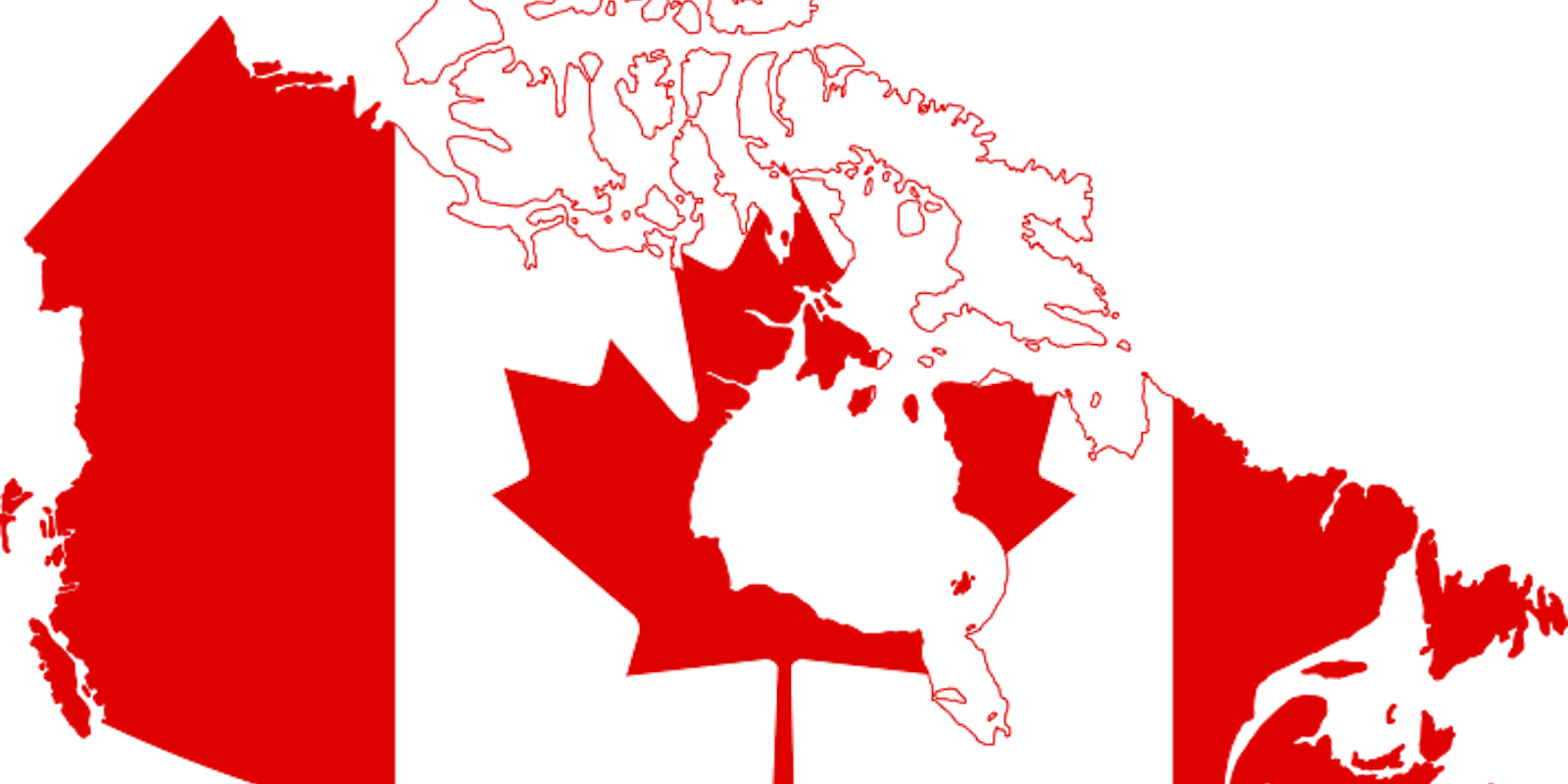The Trans-Pacific Partnership (TPP), the confidential trade agreement that activists say will curb the Internet freedom of its member countries, has adopted Canada into its ranks.
Mexico, too, was formally accepted as a member, though it applied to join the TPP in June.
Both will join the other member countries, including the U.S., in December for the 15th round of negotiations in New Zealand. Though the TPP will set trade regulations between all member countries in a number of sectors, including agriculture and textiles, the agreement’s intellectual property chapter has drawn serious scrutiny since it was leaked in early 2011. Activist groups like the Electronic Frontier Foundation consider it a major threat to Internet freedom, saying its copyright provisions would incentivize Internet service providers to police user activity.
The TPP is characterized by the fact that none of its member countries will formally acknowledge what’s in the text until it’s finalized. That means that even though drafts of the TPP have been leaked and are readily available online, no country will give any statements on its content. Ironically, because Canada and Mexico join as “second-tier” members, they weren’t given complete access to the text until they had already agreed to join the talks, according to the EFF.
Second-tier status also means Canada won’t have veto power over any terms the first-tie countries agree to, and “should the other nine countries agree on terms, Canada would be required to accept them,” according to Canadian copyright expert Michael Geist.
James Moore, on behalf of Canada’s Ministry of International Trade, stressed in an official statement that Canada signed the TPP to increase trade with its member countries.
“Joining the TPP is an important step forward in our government’s active and growing presence in the Asia-Pacific region,” Moore said. “The region is a priority market for Canadian businesses, offering enormous opportunities to our exporters.” He didn’t mention the intellectual property provision in his statement, and his office didn’t return the Daily Dot’s request for comment on Internet freedom.
But it’s an important topic for many. An online petition by Canadian activist group Open Media, which claims the TPP is “secretive, extreme, and it could criminalize your daily use of the Internet,” has gathered almost 115,000 signatures.
Photo via Wikimedia Commons
